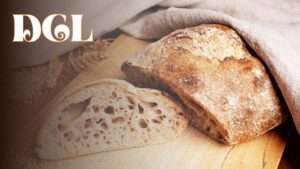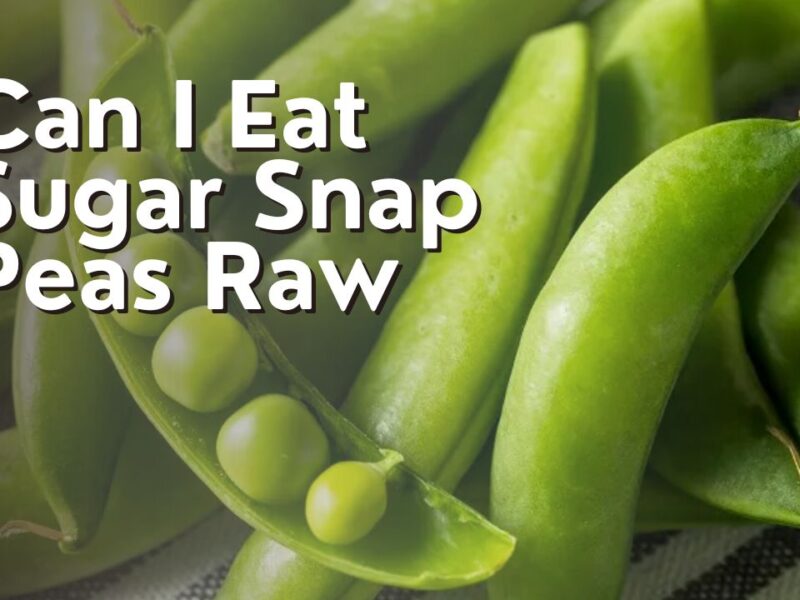Can dogs eat whole grain bread?
The dietary needs of dogs
The potential benefits and risks of feeding dogs whole grain bread
Alternative options for dogs
Consulting with a veterinarian before making dietary decisions for your dog
Understanding a Dog’s Dietary Needs
Understanding a dog’s dietary needs is crucial for their overall health and well-being. Just like humans, dogs require a balanced diet to stay healthy and energetic. As responsible pet owners, it is important for us to provide our furry friends with the right nutrients they need.
When it comes to feeding dogs, it is essential to consider their specific dietary requirements. Dogs are primarily carnivorous animals, so their diet should consist mainly of animal protein. However, they can also benefit from other food sources like whole grains. Whole grain bread, for instance, can be a healthy addition to a dog’s diet in moderation.
Whole grain bread contains fiber and essential nutrients like vitamins and minerals that can support a dog’s digestion and overall health. However, it should only be given as an occasional treat and not as a staple food. Too much bread can lead to weight gain and other health issues in dogs.
In conclusion, while dogs can eat whole grain bread, it should only be given in moderation. Understanding a dog’s dietary needs is vital for their well-being, and providing them with a balanced diet is key. So, next time you want to treat your furry friend, remember to do so in a responsible and mindful way.
Benefits of Whole Grain Bread for Dogs
As a dog owner, I’ve often wondered about the benefits of feeding my furry friend whole grain bread. One key point to consider is the nutritional value it offers.
Whole grain bread contains essential nutrients like vitamins, minerals, and proteins that can contribute to a balanced diet for dogs. Additionally, the fiber content in whole grain bread can aid in digestion and promote a healthy gut for our four-legged companions.
These benefits can help support your dog’s overall health and well-being. So, next time you’re considering what to feed your dog, why not consider adding some whole grain bread to their diet? Just be sure to introduce it gradually and in moderation, as with any new food.

Nutritional value
You’ll be amazed by the nutritional benefits that whole grain bread can provide for your dog. Whole grain bread is a great source of fiber, which helps promote a healthy digestive system and can prevent constipation. It also contains essential vitamins and minerals that contribute to your dog’s overall well-being. Here is a table that highlights some of the key nutrients found in whole grain bread:
| Nutrient | Benefits |
|---|---|
| Fiber | Promotes digestion and prevents constipation |
| Protein | Supports muscle growth and repair |
| B vitamins | Aids in metabolism and energy production |
| Iron | Helps with oxygen transport in the body |
| Magnesium | Supports bone and muscle health |
Including small amounts of whole grain bread in your dog’s diet can be a nutritious addition to their meals. However, it’s important to remember that moderation is key, as too much bread can lead to weight gain or digestive issues. Always consult with your veterinarian before introducing new foods into your dog’s diet.
Fiber content
Including small amounts of this fiber-rich food in your pup’s diet can provide numerous health benefits. Whole grain bread contains a good amount of fiber, which is essential for maintaining a healthy digestive system in dogs.
Fiber helps regulate bowel movements and prevents constipation. Additionally, it can aid in weight management by promoting a feeling of fullness and reducing the risk of overeating.
The fiber in whole grain bread also helps support a healthy gut microbiome, which plays a crucial role in overall immune function. Remember, moderation is key when feeding your dog whole grain bread, as too much fiber can lead to digestive upset.
Always consult with your veterinarian to determine the appropriate amount of whole grain bread to include in your dog’s diet.
- Promotes healthy digestion
- Aids in weight management
- Supports a healthy gut microbiome
Potential Risks and Precautions
One important consideration when it comes to feeding dogs whole grain bread is the potential risks and precautions to keep in mind. While whole grain bread can be a healthy addition to a dog’s diet, there are a few things to be aware of.
First and foremost, some dogs may have allergies or sensitivities to grains, which can cause digestive upset or allergic reactions. It’s important to monitor your dog closely after feeding them whole grain bread for the first time to ensure they don’t have any adverse reactions.
Another risk to consider is the potential for weight gain. Whole grain bread is often higher in calories than other types of bread, so it’s important to feed it to your dog in moderation.
Additionally, some whole grain breads may contain ingredients that are harmful to dogs, such as raisins or nuts. It’s important to read the ingredients list carefully and avoid feeding your dog any bread that contains these potentially toxic ingredients.
To prevent any potential risks, it’s always best to consult with your veterinarian before adding whole grain bread to your dog’s diet. They can provide guidance on portion sizes and let you know if it’s a suitable option for your dog based on their individual health needs.
By taking these precautions and being mindful of any potential risks, you can safely incorporate whole grain bread into your dog’s diet.
Alternatives to Whole Grain Bread
There are various other options available that can serve as a healthy substitute for whole grain bread in your dog’s diet. While whole grain bread may be a good source of fiber and nutrients for humans, it may not be the best choice for our furry friends.
One alternative is brown rice, which is easily digestible and provides essential nutrients.
Another option is cooked sweet potatoes, which are rich in vitamins and fiber. They can be mashed or diced and added to your dog’s regular food.
Quinoa is another great choice, as it is high in protein and contains all nine essential amino acids. It can be cooked and mixed with your dog’s regular meals.
Lastly, you can consider feeding your dog small amounts of fruits like apples or berries, which are packed with antioxidants and vitamins.
However, it’s important to remember that any changes to your dog’s diet should be done gradually, and it’s always best to consult with a veterinarian before making any major changes.

Consulting a Veterinarian for Dietary Advice
If you want to ensure your furry friend is getting the best dietary advice, it’s crucial to consult a veterinarian. They have the expertise and knowledge to guide you in making the right choices for your dog’s diet. Here are four reasons why consulting a veterinarian for dietary advice is important:
- Individualized Recommendations: Every dog is unique and has specific dietary needs. A veterinarian can assess your dog’s age, breed, weight, and overall health to provide personalized recommendations. They can help determine if whole grain bread or any other food is suitable for your dog.
- Nutritional Balance: A veterinarian can ensure that your dog’s diet is nutritionally balanced. They can recommend the right combination of proteins, carbohydrates, fats, vitamins, and minerals to keep your dog healthy and energetic.
- Health Conditions: If your dog has any health conditions, such as allergies or gastrointestinal issues, a veterinarian can provide guidance on appropriate dietary modifications. They can advise on alternatives to whole grain bread that would be more suitable for your dog’s specific needs.
- Avoiding Harmful Foods: Some human foods can be toxic to dogs. A veterinarian can help you identify potential dangers and provide a list of foods to avoid. They can also educate you on harmful ingredients that may be present in commercial dog foods.
By consulting a veterinarian for dietary advice, you can ensure that your dog’s nutritional needs are met, and they can live a long and healthy life.
Frequently Asked Questions
How much whole grain bread can I safely feed my dog?
I can safely feed my dog a small amount of whole grain bread as an occasional treat. However, it’s important to avoid using bread as a major part of their diet, as it can lead to weight gain and potential digestive issues.
Can I give my dog different types of whole grain bread, like rye or multigrain?
Yes, you can give your dog different types of whole grain bread, such as rye or multigrain. However, it’s important to ensure that the bread doesn’t contain any ingredients that are toxic to dogs.
Are there any specific whole grain bread brands that are recommended for dogs?
There are no specific whole grain bread brands recommended for dogs. It is important to choose a bread that does not contain any harmful ingredients like raisins, garlic, or onions.
Can dogs with allergies or sensitivities safely consume whole grain bread?
Dogs with allergies or sensitivities should avoid whole grain bread. It can trigger adverse reactions and worsen their symptoms. It’s best to consult with a veterinarian for suitable alternatives.
Is it necessary to toast the whole grain bread before giving it to my dog?
It is not necessary to toast whole grain bread before giving it to my dog. Dogs can safely eat whole grain bread without toasting it.
Conclusion
In conclusion, after considering the dietary needs of dogs, it’s clear that whole grain bread can be a beneficial addition to their diet.
However, it’s important to exercise caution and moderation, as some dogs may have allergies or sensitivities to grains.
It’s always best to consult with a veterinarian for personalized dietary advice for your furry friend.
Remember to prioritize your dog’s health and well-being when making decisions about their diet.


